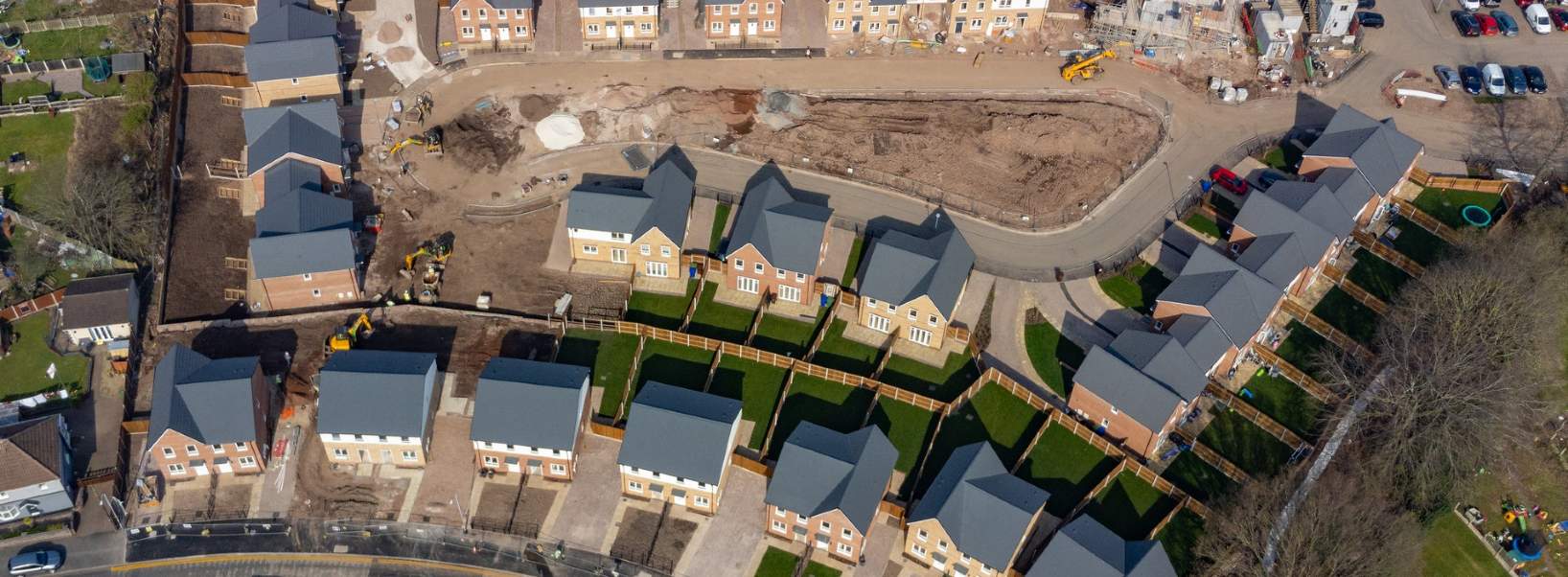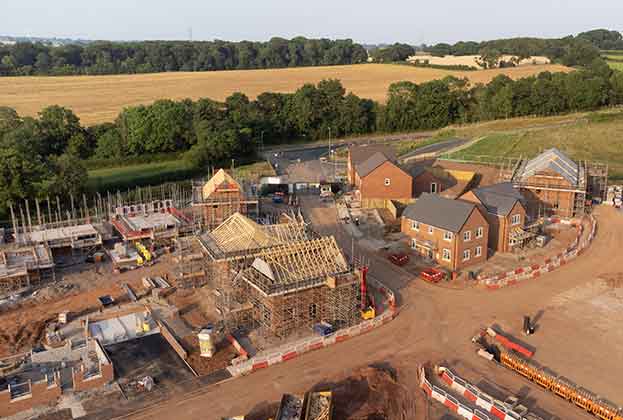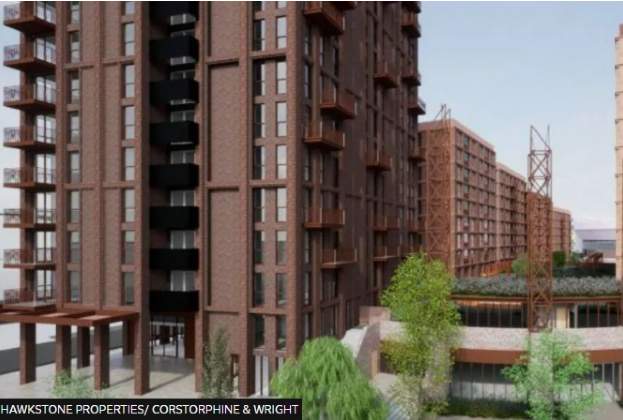The UK Government has identified that planning for development, especially in the delivery of housing and jobs, is a barrier to investment and has therefore committed to reforming the inefficiencies within the UK’s current planning system.
In the 2024 Spring Budget there was an announcement to boost capacity in the planning system. The government is committing £3 million to match industry-led funding for a skills and education programme in an effort to attract more people to take up roles as local authority planners. AI technologies to help planning authorities streamline their local plan development processes will also be piloted – producing plans in 30 months rather than the current average of seven years.
In a speech entitled ‘Falling Back in Love with the Future’, the Secretary of State for Levelling Up, Housing and Communities, Michael Gove, set out the government’s expectation that all local planning authorities (LPAs) must have an up-to-date local plan, and planning decisions must be taken on time and should be robust in their reasoning.
Measures for consultation
As a result of this, the government is consulting on ways to accelerate the planning system. This includes putting in place performance measures on the speed and quality of decision-making by LPAs, the expansion of a simpler procedure for planning appeals and greater clarity as to how changes can be made to planning permissions.
A headline-grabbing measure is the proposal to limit the ability of planning applicants to extend the period of time for determination of planning applications. The government is interested in views on the use of repeat extension of time agreements for the same application and whether this is something that should be prohibited.
Many in planning for development see the ability to agree extensions of time to be necessary to avoid having to withdraw planning applications or face a refusal of planning permission. While a restriction on this might seem fine on paper, it could result in an unnecessary increase in work for an already stretched planning system and lead to greater costs for applicants as a result of the removal of the free-go planning application.
Fees for planning applications were increased last year but the revenue raised is not ring-fenced for the delivery of planning services by local authorities. In a time of strain on local authority resources this can mean it is challenging to resource enhanced performance. The consultation includes a proposal for a ‘Fee Guarantee’ where either all, or a proportion of, the planning application fee must be refunded by the LPA to the applicant if the application is not determined within a 10-week timescale, even if an extension of time has been agreed. This is likely to be a disincentive for authorities, being more of a stick than a carrot.
Savills has provided its response to this consultation and continues to engage in the debate over accelerating the planning system.
Information about the consultation can be found here.
Further information
Contact David Bainbridge




.jpg)
.jpg)
.jpg)
.jpg)
.jpg)

